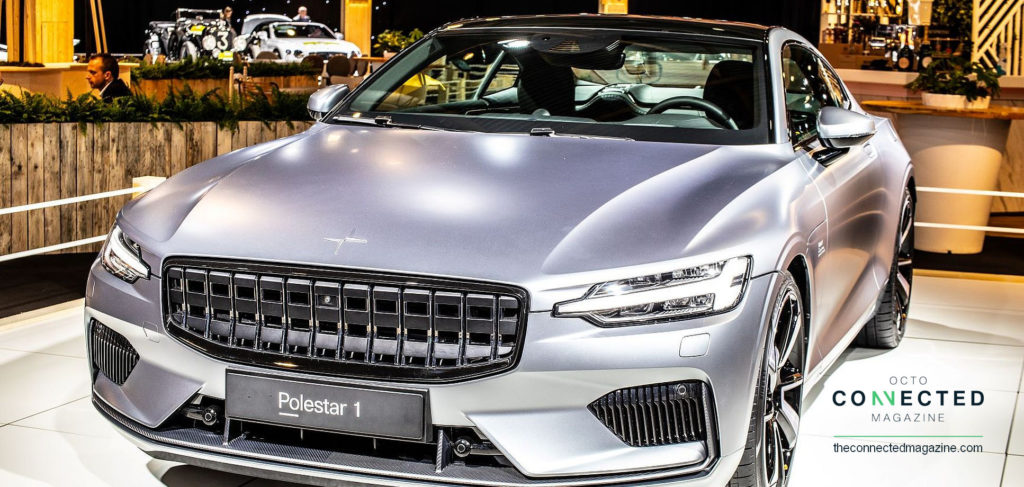
With nearly 96,000 units sold year-to-date to end November 2020, Renault is leading the European EV market sales. Compared to last year, this figure represents an 80% increase in registrations. It is Volvo Cars, however that boasts the highest EV ratio in its new car sales: more than one in four Volvos sold in Europe today have a plug.
By way of comparison: the Renault-Nissan-Mitsubishi alliance (RNM) is flirting with the 10% mark as far as the EV ratio is concerned, according to data published by JATO. The lion’s share of the Renaults, Nissans and Mitsubishis that come with a plug is represented by the Renault Zoe (84,000 units of the aforementioned 96,000).
Renault and especially Nissan are not too fond of plug-in hybrids. The same cannot be said of Volvo Cars. Today, more than 25% of the cars it sells in Europe is a member of the Recharge family (XC40, XC60, XC90, S60, V60, S90, V90), Together with sister brand Polestar, the company says it will overachieve on the 2020 EU CO2 emissions target.
As a result, Volvo Car Corporation entered into a pooling arrangement with Ford offering their surplus CO2 emissions to Ford and potentially to other carmakers. By 2025 Volvo Cars aims for its global sales volume to consist of 50% fully electric cars, with the rest hybrids.
Daimler, Hyundai/Kia, BMW and JLR
Looking at the JATO numbers for the EU22 region from January to October 2020, the top five highest EV sales ratio OEMs are Volvo Car Corporation (27%), Daimler (<16%), Hyundai/Kia (15%), BMW (<15%) and JLR (>10%). Next to Volvo Cars, it is Mercedes-Benz that has seen its PHEV sales skyrocket this year.
Competitor BMW Group already had a strong market position with its “e” models (225 Active Tourer, 330e, 530e, X5) and can count on an armada of new models to maintain its growth rate (X1, X2, X3, 330e Touring, 545e, 530e Touring, plus the Mini Countryman). The BMW i3 is a steady seller in the urban BEV segment and is assisted in its effort by the Mini Electric.
Hyundai-Kia have long been building up their EV momentum with the Hyundai Ioniq, Hyundai Kona and Kia Niro, which now get the support of a plug-in hybrid Hyundai Tucson and Santa Fe as well as a pluggable Kia Sorento.
JLR mainly depends on the Jaguar I-Pace but has a lot of new PHEV models in its range to further increase its EV ratio: the Jaguar E-Pace and F-Pace will soon be available as plug-in hybrids, and so will the Range Rover Evoque, Land Rover Defender and Range Rover Velar.
VW Group has been pushing hard with the VW eGolf and its Up-based electric city cars. Audi is struggling to sell enough e-trons, but can count on new PHEV models (A3, A6, Q3, Q5) to reduce its emissions. The Skoda Superb is a popular PHEV choice, too. Finally, the Porsche Taycan is remarkably successful as a niche sports saloon.
Interestingly, PSA is only in eighth position with barely over 6% of its sales being EV, and yet it achieves its CO2 targets with ease. So does Toyota, which hardly sells any PHEVs and has no BEVs in its range – the Japanese OEM relies almost entirely on its HEVs to be compliant.
FCA has been very late to the EV party and only now starts delivering its first PHEVs in the shape of the Jeep Renegade and Compass. The new Fiat 500 and to a lesser extent the new Panda will make amends next year, but for 2020 FCA has decided to pool its cars with Tesla to avoid paying a monster fine.
Source: fleeteurope.com